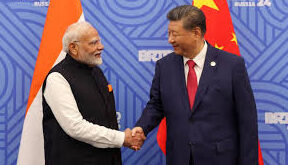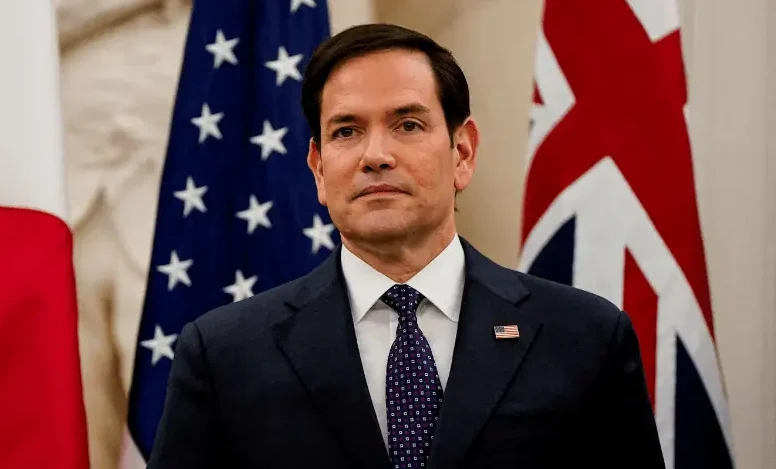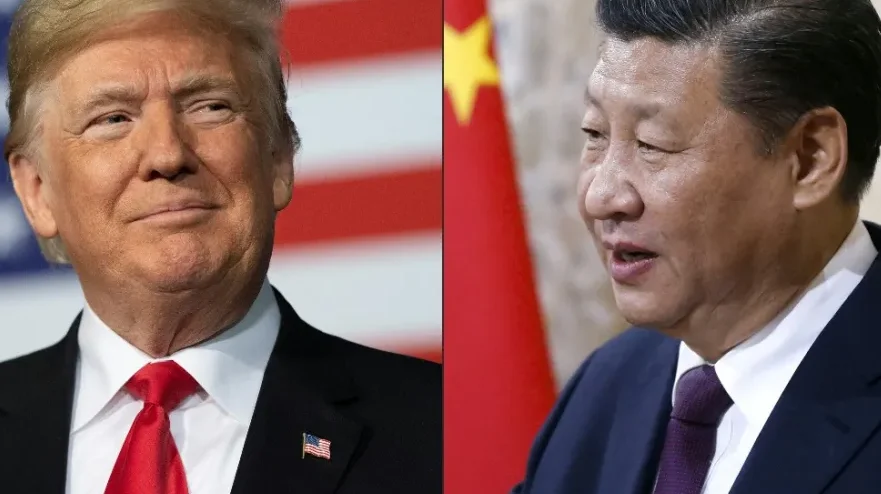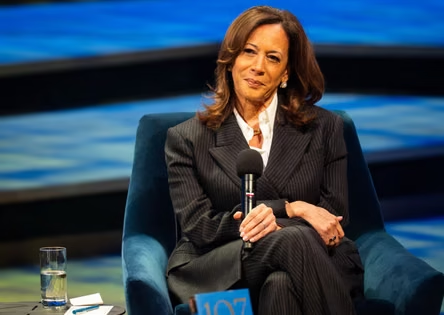TIANJIN – Prime Minister Narendra Modi told Chinese President Xi Jinping on Sunday that India is committed to improving relations with Beijing, signaling a fresh push to repair ties after years of border clashes and strained diplomacy.
“We are committed to progressing our relations based on mutual respect, trust and sensitivities,” Modi said in a meeting with Xi, according to a video shared on his official X account.
The talks took place on the sidelines of a Shanghai Cooperation Organisation summit in Tianjin, where leaders from Russia, Central Asia, South Asia and the Middle East gathered in a show of Global South unity. It is Modi’s first visit to China in seven years.
The meeting comes just days after Washington slapped 50% tariffs on Indian exports over New Delhi’s purchases of Russian oil, a move analysts say could push India and China closer together as they look for common ground against U.S. pressure.
Modi pointed to an “atmosphere of peace and stability” along the disputed Himalayan border, where a deadly clash in 2020 triggered a prolonged military standoff and froze most cooperation between the two nuclear-armed rivals. He said an agreement had been reached on border management but gave no further details.
India and China began easing tensions last year after a breakthrough border patrol deal reached during a meeting in Russia. Since then, both sides have taken steps to improve ties, from restarting talks on trade to restoring people-to-people exchanges.
Direct flights between the two countries, suspended since 2020, will be resumed, Modi said, though he did not give a timeline. Earlier this month, Beijing also agreed to lift export restrictions on rare earths, fertilizers and tunnel-boring machines during a visit by Chinese Foreign Minister Wang Yi.
China’s ambassador to India, Xu Feihong, said this month that Beijing opposes U.S. tariffs on India and will “firmly stand with India.”
The two countries have also reopened pilgrimage routes to Tibetan Buddhist sites and lifted visa restrictions for tourists, signaling a broader thaw.
“Both India and China are engaged in what is likely to be a lengthy and fraught process of defining a new equilibrium in the relationship,” said Manoj Kewalramani, a Sino-Indian relations expert at the Takshashila Institution in Bengaluru.






